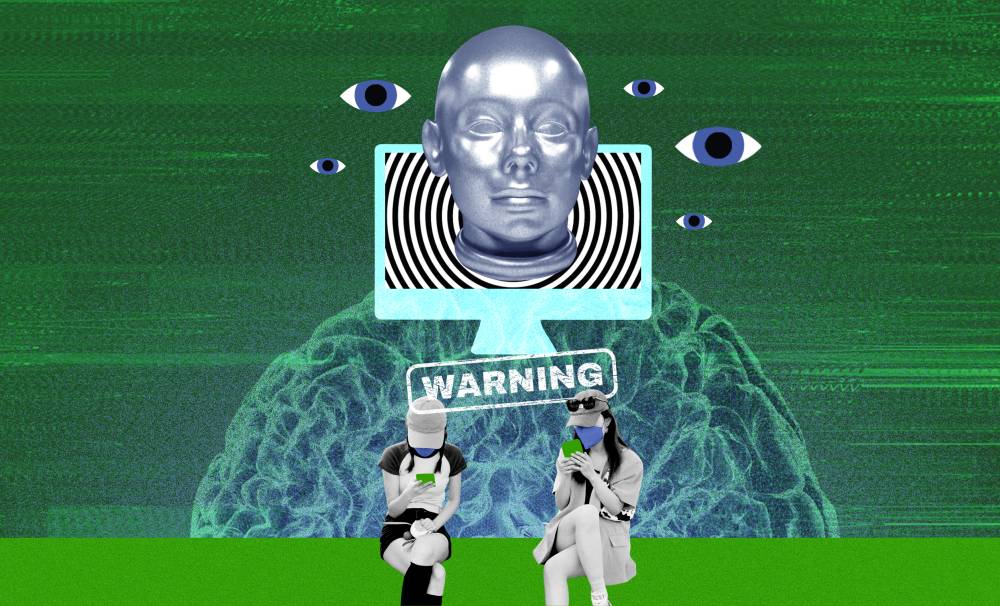Down with deepfakes

The advent of artificial intelligence (AI) has brought about significant advancements in today’s society, particularly with the way data can be produced and generated with a single click. Its impact on everyday life is undeniable, as it has increased productivity in certain industries and made vast fields of knowledge available within arm’s reach.
However, there is also a dark side to this emerging platform with over-reaching consequences if left uncontrolled and unregulated, especially when used for an improper purpose.
One such disadvantage of artificial technology is the proliferation of deepfakes, which, according to Merriam-Webster dictionary, is “an image or recording that has been convincingly altered and manipulated to misrepresent someone as doing or saying something that was not actually done or said.”
Deepfakes are inherently deceptive, and since they appear to be hyper-realistic, it becomes impossible to tell if they are real or simply manufactured. This is especially so in the Philippine setting, where netizens are perpetually online and are susceptible to becoming victims of fake news.
What the law has to say about it
While there is no legal framework currently regulating AI in the Philippines, one may still be held criminally liable for producing and disseminating deepfakes under existing laws.
Republic Act No. 10175, also known as the Cybercrime Prevention Act of 2012, penalizes acts committed through computer systems, which may contemplate the misuse of AI. The law penalizes cybercrime offenses, among which include cyberlibel under Section 4(c)(4), which may be committed when a deepfake is used to falsely depict a person in a defamatory way. The use of deepfakes may also give rise to a criminal charge for cybersex and child pornography under 4(c)(1) and 4(c)(2), respectively, when the punishable acts are committed with the use of a computer system.
As a way to curb the use of computers for harm, Section 6 of the Cybercrime Act specifically provides that all crimes are penalized under the Revised Penal Code and special laws “if committed by, through, and with the use of information and communications technologies.” The offender shall be penalized with one degree higher than what is provided, which shows the State’s propensity to penalize those who weaponize technology for malicious purposes, including AI.
A proposed bill in the making
Lawmakers are aware of the pitfalls of deepfakes and have proposed legislation to address this emerging issue. Congress, through the House Committee on Information Communications Technology, is “prioritizing legislation to curb AI-generated scams, such as deepfakes.”
Aimed to promote the ethical and responsible use of AI, the proposed House Bill No. 10567, known as the Deepfake Accountability and Transparency Act, imposes disclosure requirements on individuals seeking to use AI and proposes a penalty of PHP 5,000,000.00 to any person who knowingly fails to do so. According to its proponent, the purpose of the law is to ensure transparency in the use of AI.
While the extent of AI and what it can create has no limit, we must still be mindful of how and why we use this platform, always taking into consideration who stands to benefit and suffer as a result. With this being said, it is our responsibility as human beings, who are inherently good, to use AI for a genuine purpose.

















